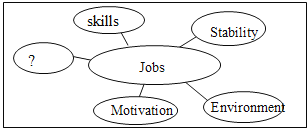0 148090 148098 148104 148108 148114 148116 148120 148126 148128 148134 148140 148144 148146 148150 148156 148158 148164 148168 148170 148174 148176 148180 148182 148184 148185 148186 148188 148189 148190 148192 148194 148198 148200 148204 148206 148210 148216 148218 148224 148228 148230 148234 148240 148246 148248 148254 148258 148260 148266 148270 148276 148284 151629






